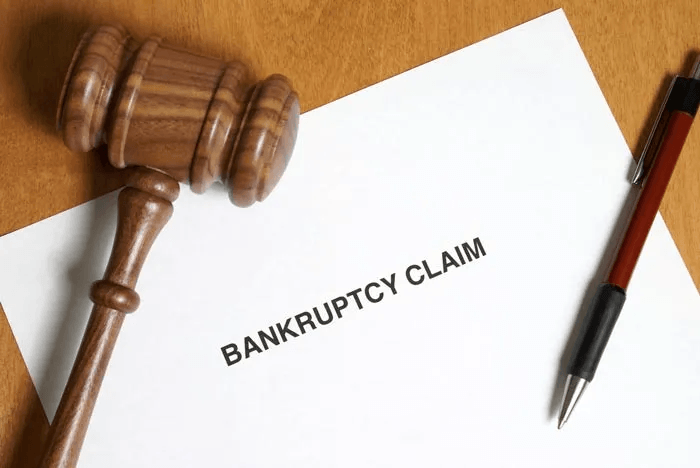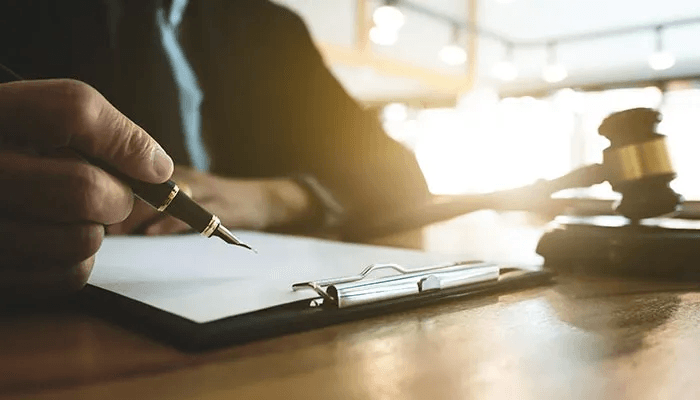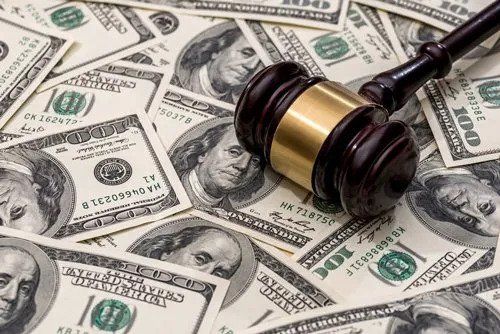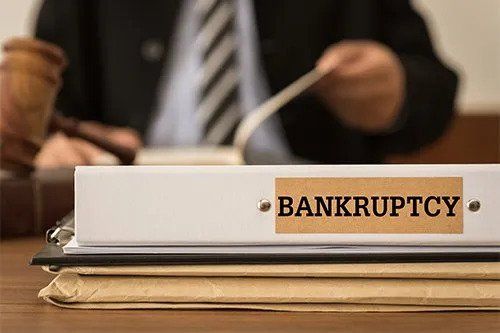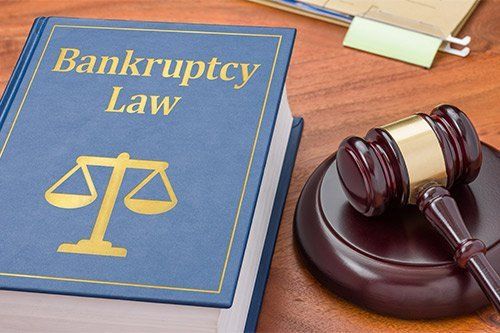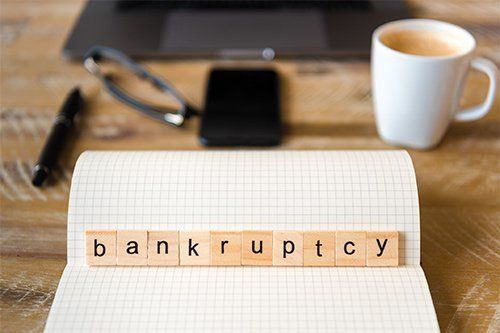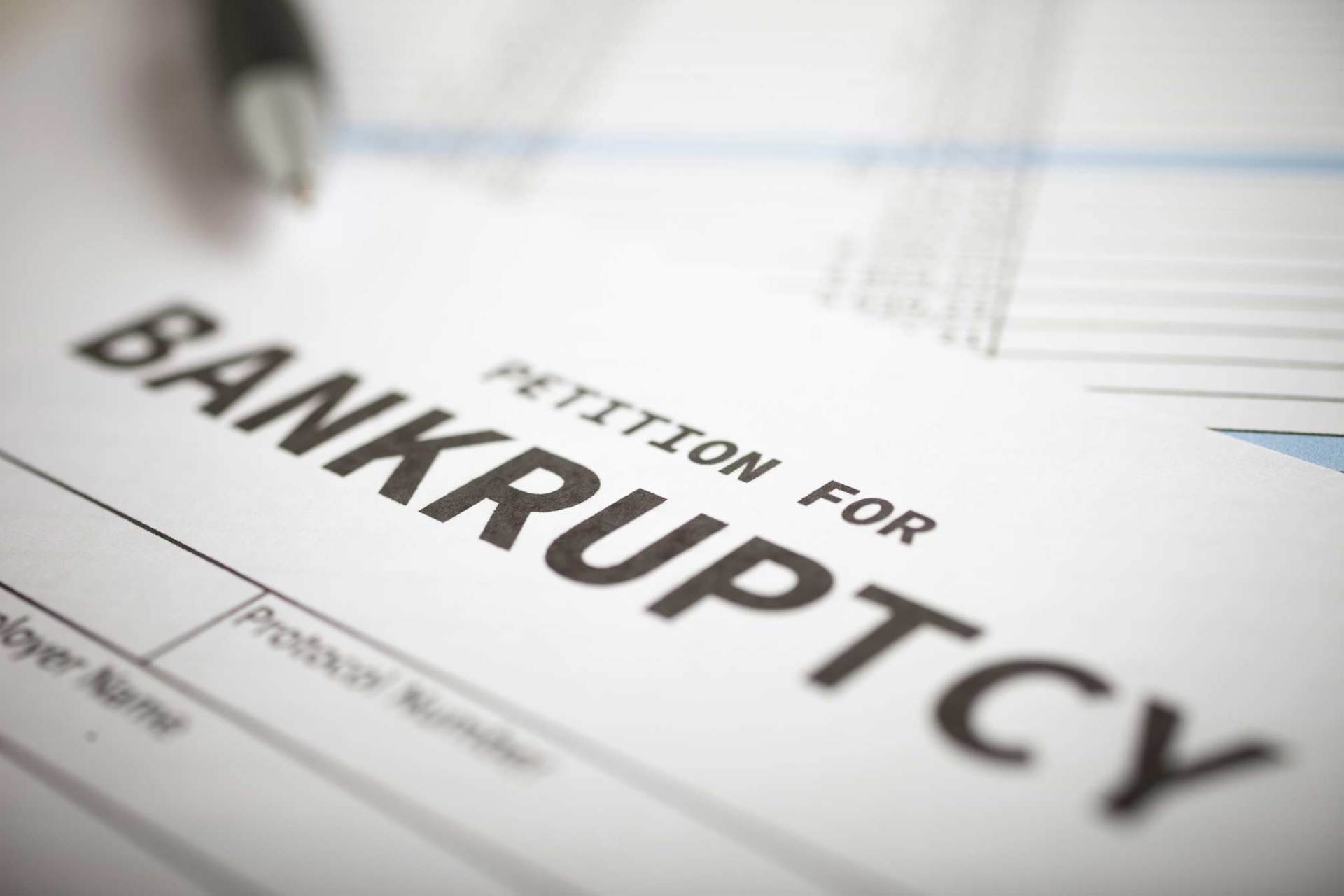How Filing for Bankruptcy Can Help With Medical Bills (1)

You’ve had an accident or major illness. After doctor’s appointments, laboratory tests, diagnostic imaging and lots of prescription medications you are finally recovering. Unfortunately, your wallet isn’t. Medical bills can be incredibly expensive, with or without insurance, leading many people to get into debt. Whether you paid these invoices with a credit card or simply still have outstanding balances owed, bankruptcy may help with your medical bills. There are two different options: Chapter 7 or Chapter 13.
Chapter 7 Bankruptcy
Chapter 7 is only an option if your income is low enough that you would not be able to pay off your debt on an adjusted payment plan. If you qualify for Chapter 7 bankruptcy, any major assets you own will be used to pay off your outstanding debts and you will not be required to make further payments.
Chapter 13 Bankruptcy
On the other hand, Chapter 13 does not have the same income requirement, but will require you to make payments toward your bills. All of your credit card debt, medical bills and other unsecured debt (loans without collateral) will be lumped together and you will make payments toward the total sum.
With both forms of bankruptcy, you can clear or reduce your medical bills. Call McMaster Law Firm for more information about how filing for bankruptcy can help with medical bills.


